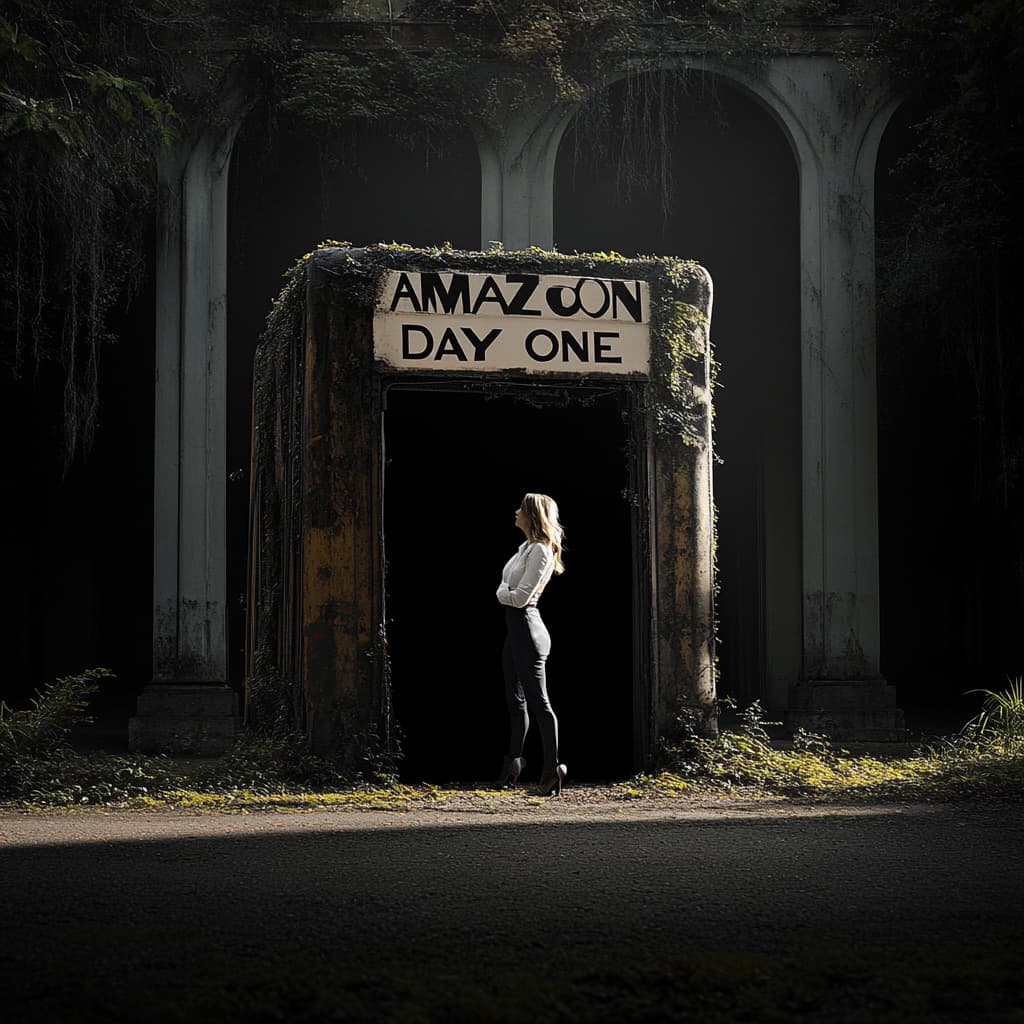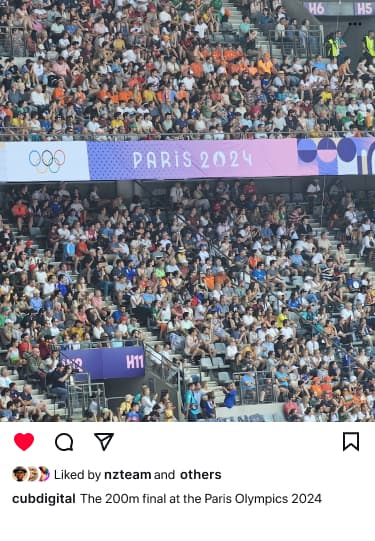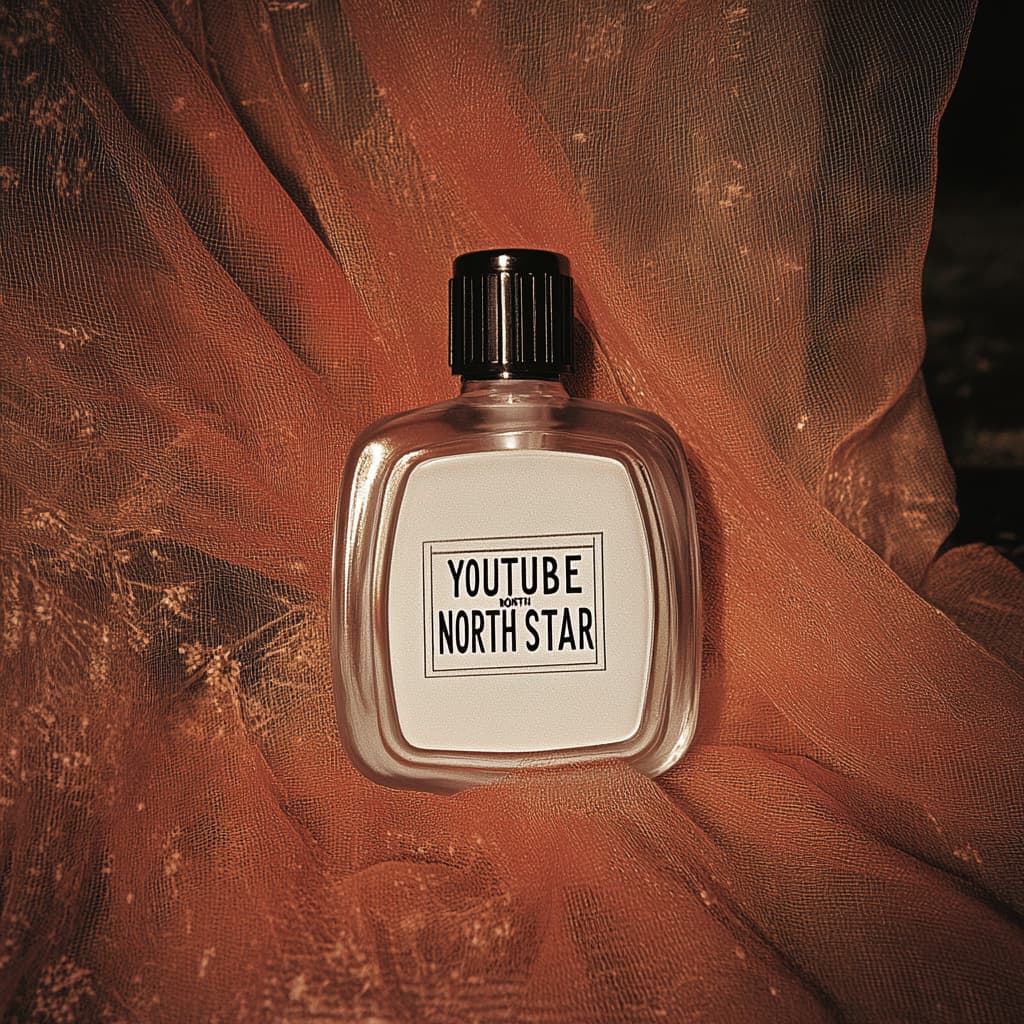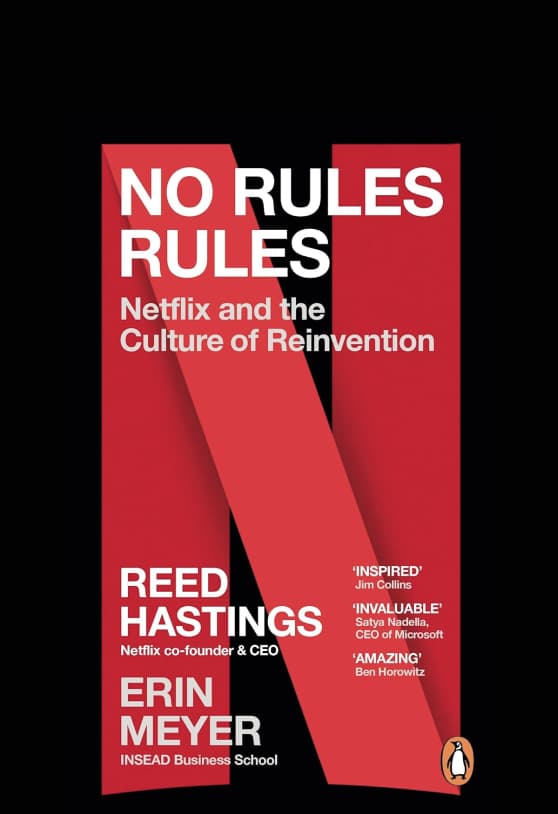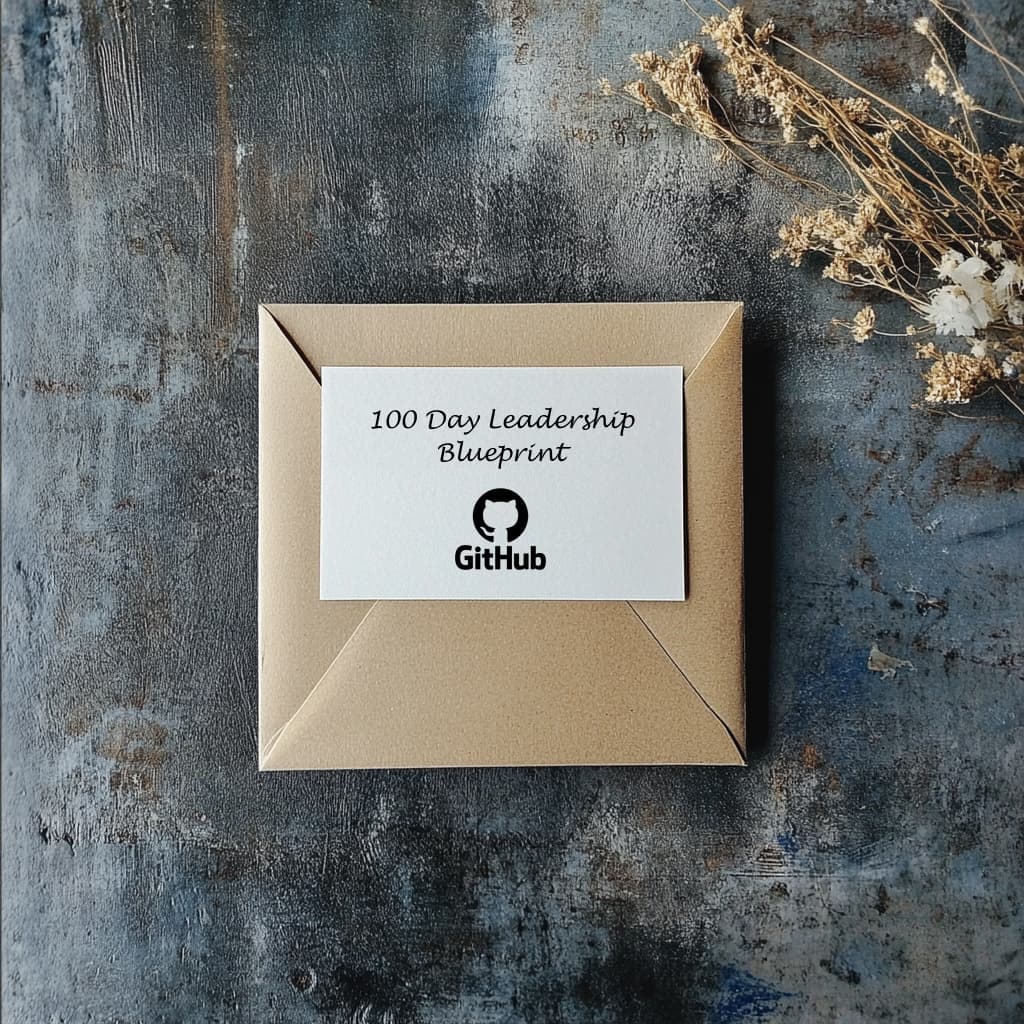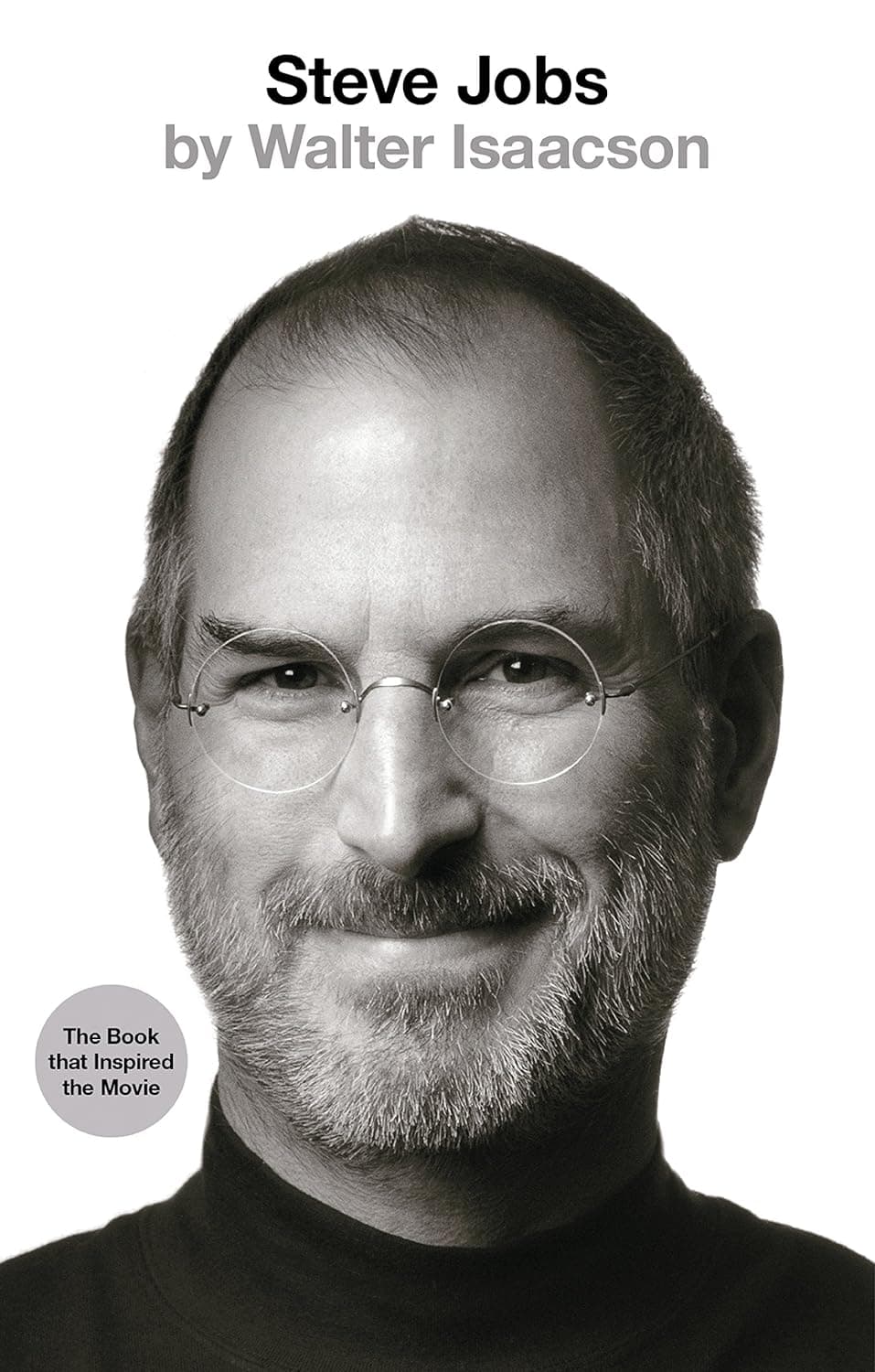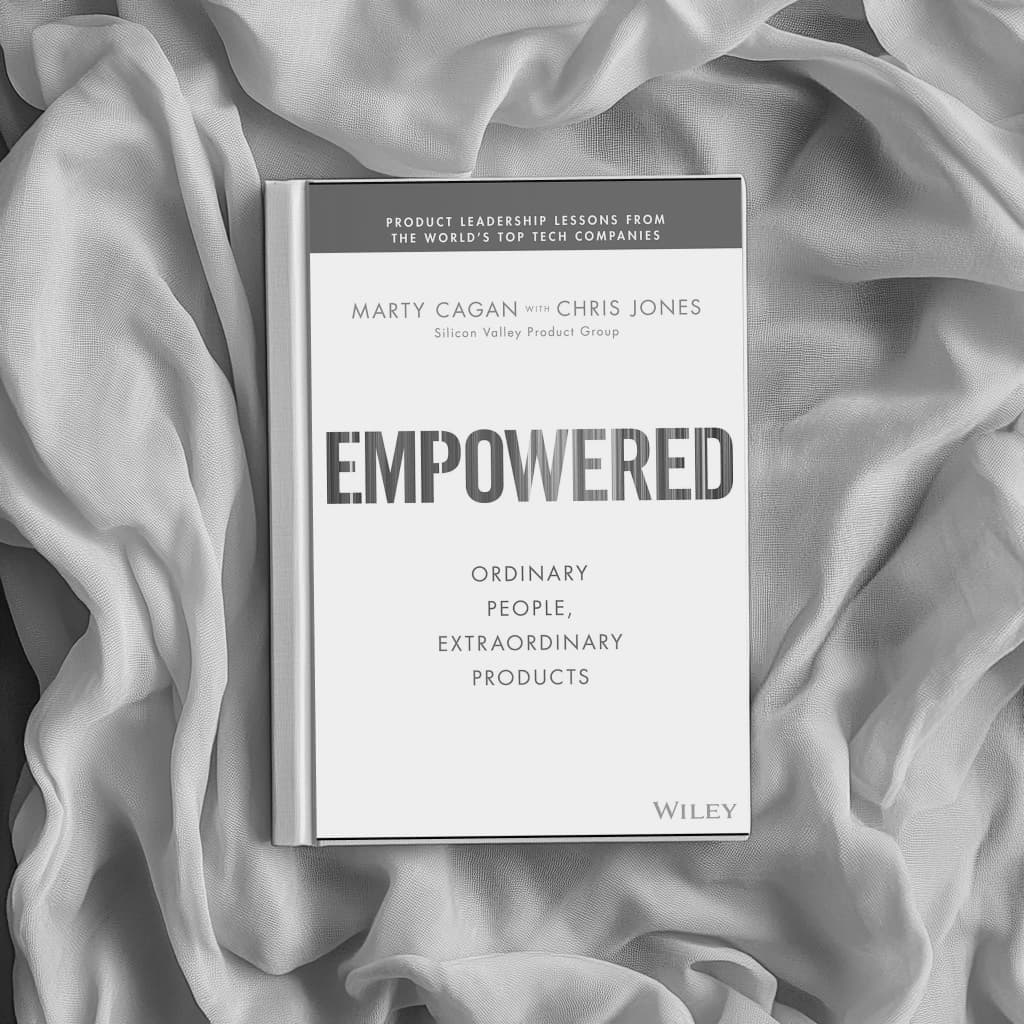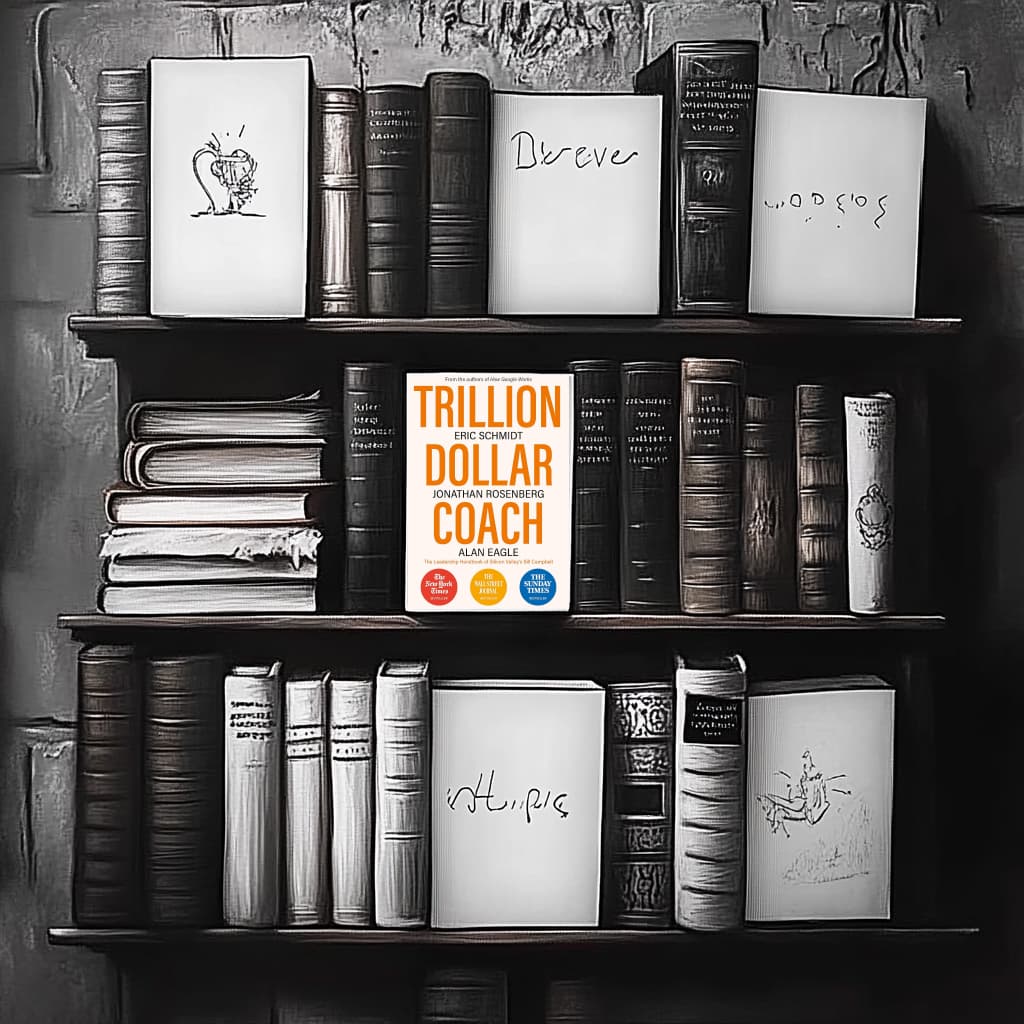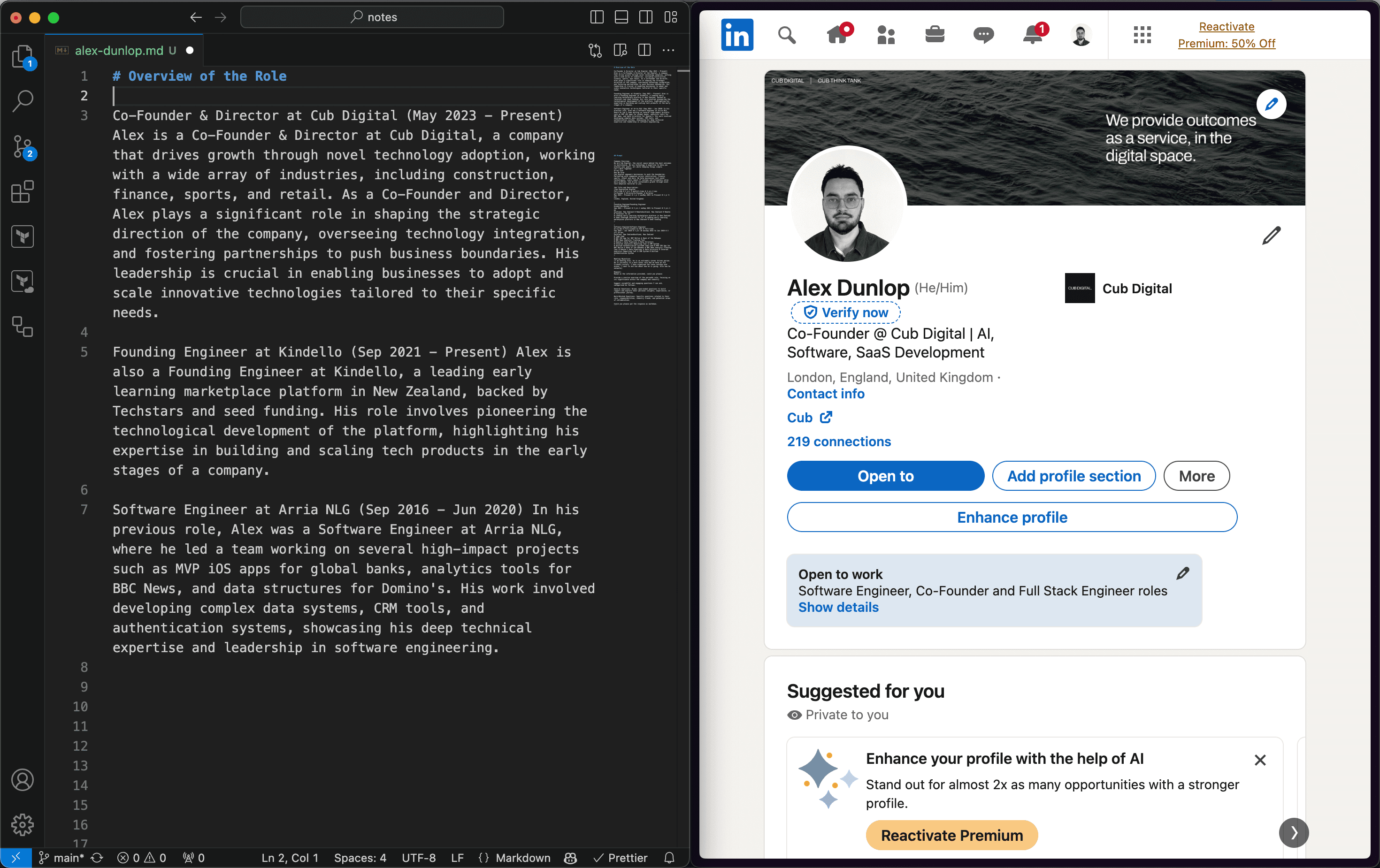I Got Top in the World in 2006, Here's How I Would Do It in 2026
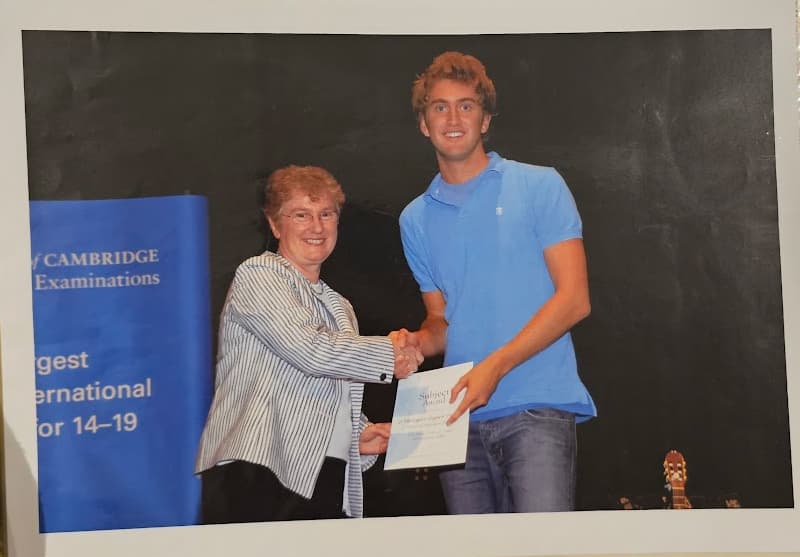
GET THE #1 EMAIL FOR EXECUTIVES
Subscribe to get the weekly email newsletter loved by 1000+ executives. It's FREE!

I've been reading a book by Nicolas Cole called the Art & Business of Online Writing and one of the things he says is that as a writer you have to talk about your own unique skills.

As a New Zealander, it's strange to talk about yourself like this.
But one of the things I am good at is studying and learning new topics.
One of the proudest moments of my life was when I was 18 years old and got this letter.
from: Association of Cambridge Schools in New Zealand (Inc) to: Christopher Dunlop date: 14 February 2007 subject: AS Level Examination Success
Dear Christopher
I am writing to advise you of your success in the recent AS Level examinations and to congratulate you on your achievements. I am pleased to advise that you have received a Top of the World Award in Business Studies.
Awards Awards have been determined by CIE based on results from the 2006 November examination session. You will receive a monetary award and certificate for this Award.

Some pretty cool certificates.


Pretty chuffed and proud, to be honest!

Why this means so much to me is it really was the kick-start to my life.
In my 7th form year, I was really motivated to test myself and see how well I could do as I felt like I had potential but had never really applied myself.
And I didn't do the following:
- Study for 8 hours a day
- Mindlessly repeat word for word what was written
My goal was to do the best that I could, as quickly as I could, as I enjoy variety in life.
So in my 7th form year, I had a lot of fun. I hung out with my friends a lot, read books that weren't just all related to school, and still managed to do really well!
I then repeated this process throughout uni, getting 2 degrees, and still use it today to learn new things quickly. This blog you are reading is the result of my 2024 resolution to learn how to code in Next JS.
So how did I do it?
It Started in the Summer of That School Year
I didn't start at all by learning business studies.
Fun, I know. Instead, I wanted to understand how the brain works and how to learn things quickly.
To start the year, I learned about how the brain remembers things, with a mental pegging trick.

A system where you draw and exaggerate a mental image to remember things
The first cab off the rank was learning how to memorise a deck of cards.
Surprisingly, once you learn the trick, you can remember a deck of cards in an hour.
Then I learned the different capitals of the world and all of the different flags.

None of these things were strictly to do with business studies, but they were all about learning how to learn.
I would set challenges like "Can I learn the 50 states of America in one day?"
It was viewing your brain as a supercomputer and testing your own limits.
The word in Italian for cold/cool is freddo, so I would imagine a cool grandpa in a piazza wearing sunglasses.

These techniques opened my eyes to the power of learning and memorisation, particularly things like learning all the flags and getting them right.
The key thing I realised from this process is how important quick feedback was. Having a goal of getting 50 states is fun. If you do it and get 5 states the first time, next time aim for 10.
Takeaway 1: Learn How to Learn
Your brain is fun; approach it like a little kid. Get excited about the world, about learning things, priming your brain to be excited about learning. It's pretty fun to see how much you can learn in a day.
Step 2 - Start Spinning Some Yarns
The fun thing about mental pegging and memorising a deck of cards is that you start spinning yarns to your brain to remember it. It's amazing how much you can remember when you start to make a story out of it.
Here's an example.
Let's say I had a case study about a business that was selling things. A normal case study might be like:
- Company Background
- Usually a medium to large business (often in manufacturing, retail, or services)
- Brief history and current market position
Well, that's boring as.
So my businesses would make me giggle and be utterly ridiculous.

I would change the business and everything about the case study.
A company that has started with the idea of building a waterslide to the moon. And as I was transcribing the case study, I would be transforming everything into this utterly ridiculous business.
Well, all of a sudden chapter 1 of the book wasn't about supply curves; it was about the logistical nightmare of getting a waterslide to the moon. Suddenly the chapter was alive.
So when they asked the question: What challenges did the company face in the supply chain?
I'd be like, oh wow, they needed to get the entirety of the world's steel supply to the moon. They needed to figure out how to work in zero gravity. They needed to figure out how to get the water to the moon.
By exaggerating things to their absolute extremes and then working backwards, it would help me see the implications of these concepts you were working on.
It also got your brain used to answering and seeing the implications of questions.
Then what you did after that is find the smallest, tiniest thing in the world. What is the smallest supply chain?
I still remember my one for the smallest ever supply chain.
A single source (supplier/producer) connected to a single end user (customer) through one direct transaction involving the movement of a good or service.
For example:
A farmer selling vegetables directly to a customer at a farm stand.

So now you know your bounds, you know the extremes, and you know the smallest thing. So now you have this translation layer in your brain where you can take any question and translate it into a story.
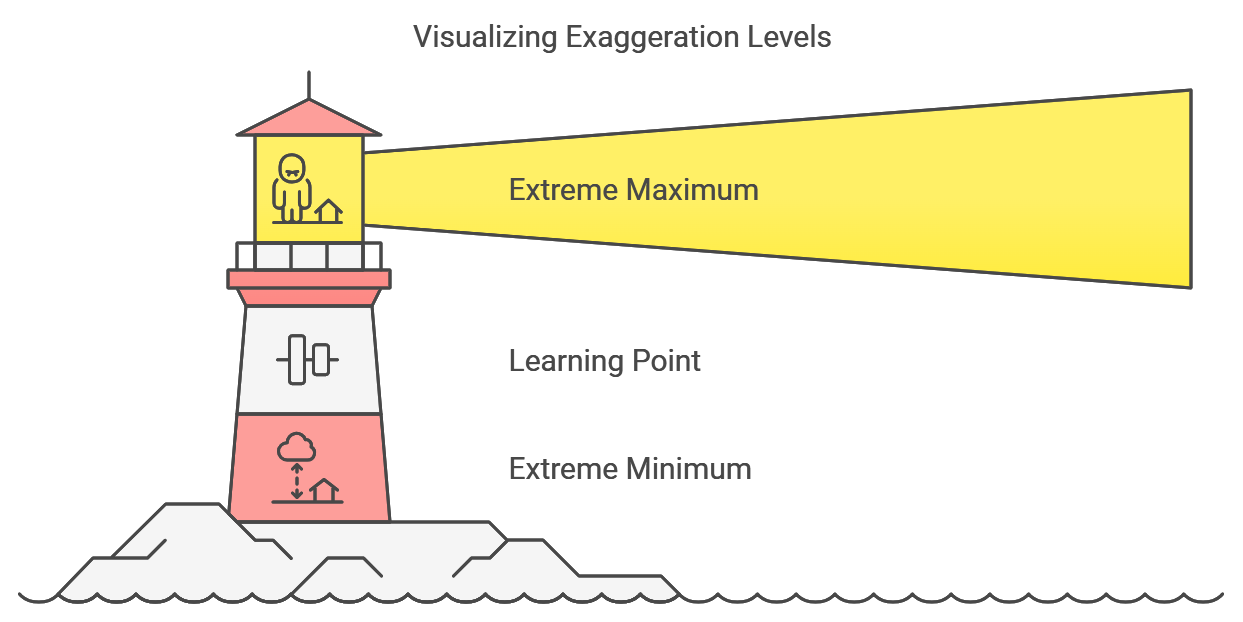
I would spend hours upon hours laughing and giggling at these stories. They would take me far longer to do than to read the actual book.
The moment I realised that this was an effective strategy was that on the first night of studying, I went to the questions, and it was like burned into my brain. Not only was it easy, it was fun.
Not only that, I then woke up the next morning and went to sit the question, and it was hard to describe how crystal clear it was.
I was like, hang on, if I just do this for every single chapter, then I will remember the entire textbook.
Well 9 months later when the exam came around, sure enough I knew I had done well as soon as I looked at the exam questions!
All I had to do was translate from my ridiculous case studies in my brain to answer the question. It was strange flicking through the paper, I thought to myself, sheepers I am going to get 100% in this thing!
What a great feeling and I had fun the whole time!
Turns out, I was doing a form of the Feynman technique.
- Select a concept to learn.
- Teach it to a child.
- Review and refine your understanding.
- Organise your notes and revisit them regularly.
Just swap the child with myself and add in the memory pegging, and you have a pretty effective strategy.
Side note
- This tactic works well for subjects that require you to interpret and understand concepts.
I used it throughout my engineering and finance degrees as well, but it really shines when your brain needs to take a question and make some logical jumps to get to a cohesive answer.
Test Early and Often
The most important thing for learning is to test yourself. Studies show that after you have read something once, additional reading isn't that effective for making you remember things.
Back in the day, you had to find the old exam papers, and that is where I think today you have the biggest advantage. Learn something and then get ChatGPT to ask you questions about it.
Interestingly, if you generate your own conceptual questions it has been shown to be better for your memory than detail questions.
A detail question example:
“How many square miles in size is Antarctica’s great ice cap?”
A conceptual question:
“Give two reasons why it is impossible to create a map of the crevasses in Antarctica.”
The Learning Blueprint in 2026
Man, I absolutely wish I was starting my learning journey again now with AI. For anyone with children or anyone who wants to learn something new, you have been given the most incredible gift of all!
I honestly believe I could have gotten better results in half the time if I had access to the tools that are available now. I don't think that's an exaggeration.
In the past, you had to struggle to find the old exam papers, and if you were stuck, you would have to wait for the very important feedback.
Now it is all there instantly.
Here is what I would do if I was starting again.
- Learn to code. I think it is a critical step as you can now make a website and you can store all of your learning there. If you learn how to code you could also create really awesome apps and you could build yourself an entire study website. Plus the AI is really good at teaching you how to code.
I would be building all sorts of tools. Flash card apps, question generators, memory pegging tools. Learning to code is the glue to all of those things. I would see coding as my 5th or 6th subject and it would be the superpower.
-
Use AI to ask you questions. I would use ChatGPT to ask me questions about the topic I was learning. I would then answer them and then get it to ask me the same question again in a week.
-
Use Midjourney to generate ridiculous images that you then save on the website. I would then use these images to remember the concepts.
-
Use AI to generate alternative stories as well; I would then use these stories to remember the concepts.
-
Use AI to explain things that are too hard to understand in a different way.
I think if you are just using AI to give you the answers, then you are really missing the whole point. The point is to get your brain to do the work.
The thing I hope is that through this process, you would fall in love with learning the same way that I have. If you are naturally curious and excited about the world, then you will be able to learn anything you want.
Going forward, I think it is the smart creatives and the naturally curious people that will do well, particularly when a lot of the easy problems can be solved by AI. Now it's all the fun, strange ones that the world needs help with. That's where you come in.
Ever since AI has come out, I have spent 6 hours a day on it, learning so many things. I'd encourage you to do the same, no matter what age you are!

